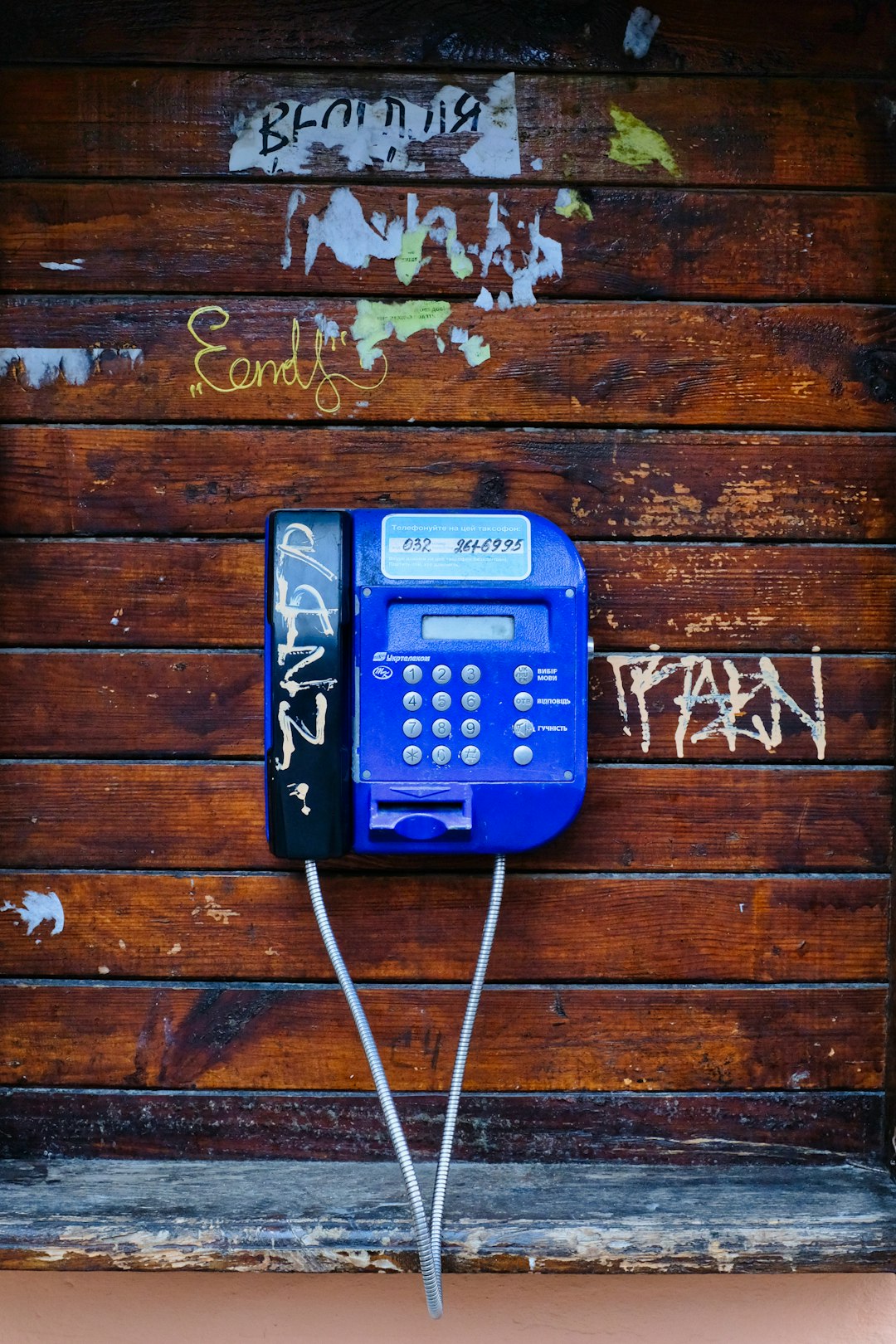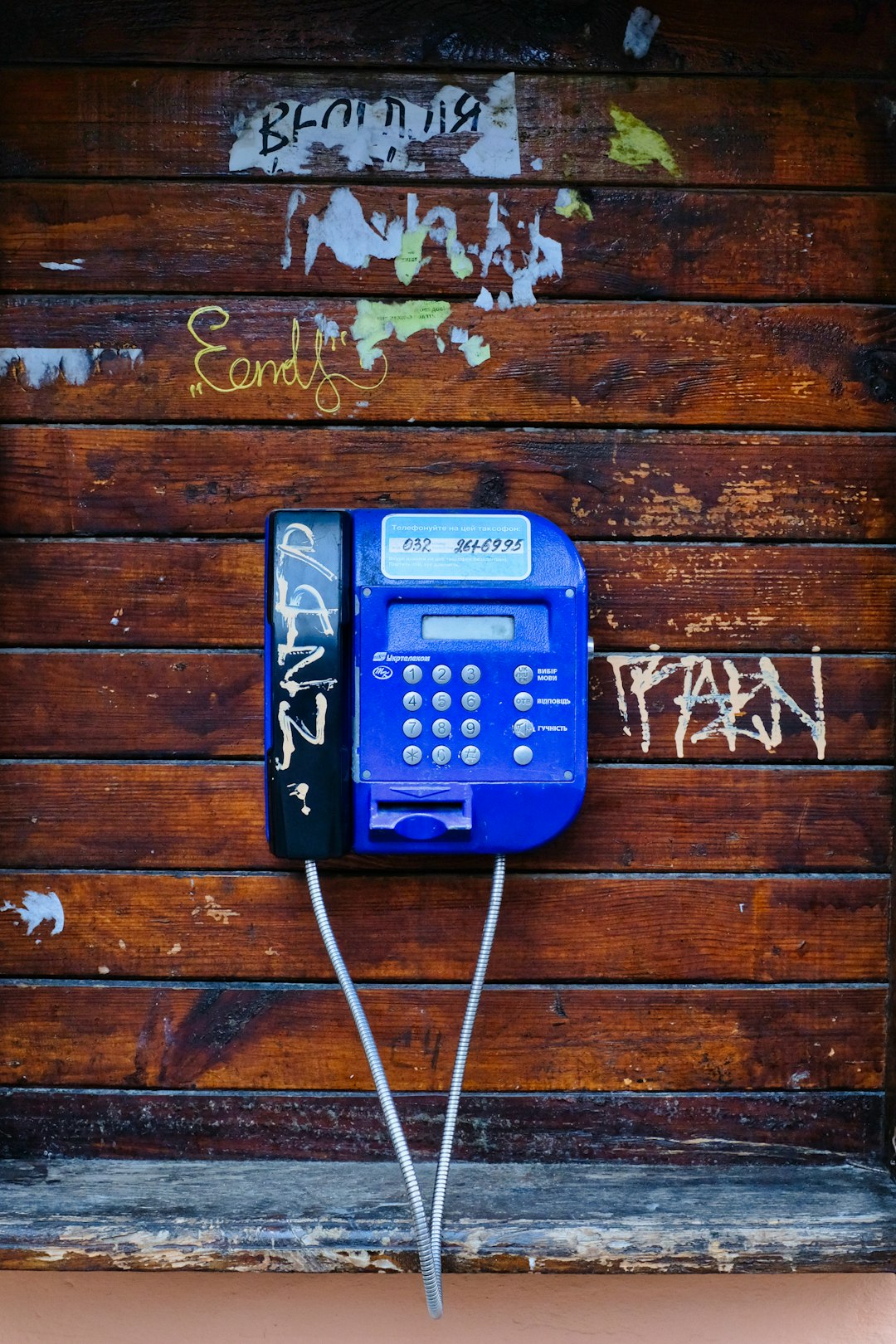Quantum computing poses a threat to traditional encryption methods, making quantum-resistant encryption (QRE) crucial for protecting sensitive data in South Carolina, especially North Charleston. Spam calls, a prevalent issue in the state, can be mitigated by adopting QRE and implementing security measures like call blocking apps, voicemail, and cautious sharing of personal information. Updating devices and using verified apps with quantum-resistant algorithms is essential to stop spam calls in South Carolina and safeguard digital privacy.
“In the digital age, cybersecurity is paramount, especially with the advent of quantum computing posing a significant threat to traditional encryption methods. This article explores the rise of quantum-resistant encryption and its relevance for North Charleston residents. We’ll delve into how quantum computers can break current encryption standards and the impact on South Carolina’s tech landscape. Additionally, we provide practical steps and benefits of adopting quantum-resistant encryption to combat spam calls, ensuring a safer digital environment for local residents.”
Understanding Quantum Computing and Its Threat to Encryption

Quantum computing, an emerging field in technology, promises unprecedented computational power by utilizing quantum bits or qubits. Unlike classical bits that represent either a 0 or 1, qubits can exist as a superposition of both states simultaneously, enabling incredibly complex calculations. While this technology holds immense potential for various fields, it poses a significant threat to traditional encryption methods used to secure digital communications.
In the context of South Carolina, specifically North Charleston residents, understanding quantum computing is crucial to comprehend the evolving landscape of online security. As quantum computers gain strength, they can potentially break current encryption standards, including those used by financial institutions, government agencies, and personal communication platforms. This development highlights the need for adopting quantum-resistant encryption techniques to safeguard sensitive data from unwanted access, ensuring residents’ privacy and protecting against malicious activities like spam calls.
The Current State of Spam Calls and Telemarketing in South Carolina

In South Carolina, including North Charleston, residents often face a deluge of unwanted spam calls and telemarketing messages, adding to the daily hustle and bustle. Despite regulatory efforts, these persistent intrusions remain a nuisance, with scammers leveraging advanced technology to target locals at an alarming rate. According to recent reports, South Carolina ranks among states with the highest volumes of spam calls, underscoring the pressing need for effective countermeasures.
To combat this issue, North Charleston residents can take proactive steps such as registering their phone numbers on Do Not Call lists and utilizing apps designed to block spam. By staying informed about emerging trends in telemarketing tactics and adopting robust security measures, individuals can reclaim control over their communication channels. How to stop spam calls South Carolina becomes a shared responsibility, where collective action can significantly reduce the impact of these relentless intrusions.
What is Quantum-Resistant Encryption and How Does it Work?

Quantum-Resistant Encryption, often referred to as post-quantum cryptography, is a revolutionary approach to securing digital information in an era where powerful quantum computers pose a significant threat. Unlike traditional encryption methods that rely on mathematical problems that are easy for classical computers to solve but challenging for quantum ones, quantum-resistant algorithms use mathematical concepts that are inherently resistant to the power of quantum computing.
This new technology employs complex mathematical theories, such as code-based cryptography, hash-based signatures, and multivariate polynomials, which are designed to remain secure even in a quantum future. By leveraging these advanced mathematical principles, quantum-resistant encryption ensures that sensitive data, including personal communications and financial transactions, remains protected from potential attacks by next-generation supercomputers. For North Charleston residents concerned about privacy and security, especially in light of increasing cyber threats, adopting quantum-resistant encryption is a proactive step towards safeguarding their digital lives, including how to stop spam calls South Carolina and protect against other online nuisances.
Benefits of Adopting Quantum-Resistant Encryption for North Charleston Residents

In today’s digital age, online security is paramount, especially with the evolution of quantum computing posing a significant threat to traditional encryption methods. North Charleston residents can benefit from adopting quantum-resistant encryption, ensuring their data and privacy remain secure. This advanced form of cryptography offers long-term protection against potential attacks, including those from powerful quantum computers that could crack current codes in seconds.
By implementing quantum-resistant encryption, locals can gain peace of mind when sharing sensitive information online. It becomes an effective tool to combat spam calls, which have become a persistent nuisance for many South Carolinians. This technology enables residents to safeguard their personal details and communication channels, reducing the risks associated with fraudulent activities and unwanted telemarketing.
Practical Steps to Implement Quantum-Resistant Encryption for Stopping Spam Calls

In North Charleston, as in many parts of South Carolina, spam calls remain a persistent nuisance. However, with the advent of quantum-resistant encryption, residents now have a potent tool to fight back. The first step is to update your device’s operating system and applications to incorporate these new encryption standards. This ensures that your communications are protected against future quantum computing threats.
Additionally, consider using verified call blocking apps and services that leverage quantum-resistant algorithms. These tools can identify and block spam calls effectively. Residents should also be cautious about sharing personal information over the phone unless they verify the caller’s identity. Enabling voice mail or using call screening services further enhances protection against unwanted and potentially malicious calls.






